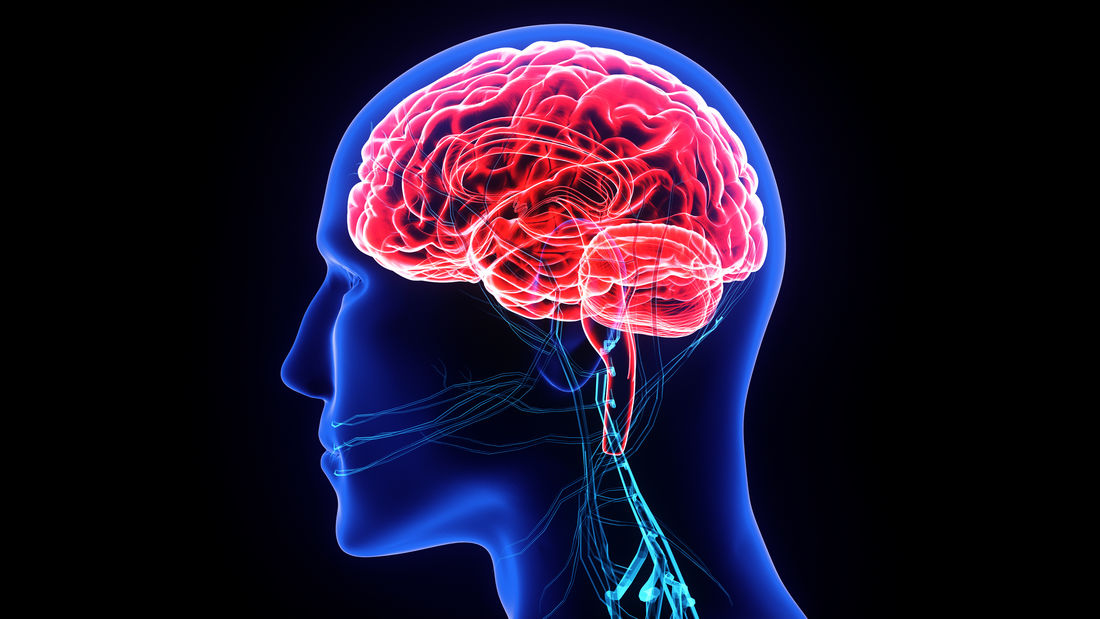Adults make tens of thousands of decisions a day – up to 70,000 according to research. Yet far too many of these decisions are made under stress, pressure, anxiety, and emotional duress. When this happens, the rational control center of your brain is no longer in charge. Instead, your brain is now being governed by the emotional control center. This causes people to react, rather than respond, to situations, events, and people.
Additionally, stressed-out people often fall prey to binary choice decision making. This is particularly true under periods of intense or prolonged stress (such as what everyone is going through as a result of the pandemic lockdown situations). Binary choice decision making limits the options the brain takes into consideration. And your brain sends you into autopilot mode, leading to reactive decisions instead of more optimal rational decisions.
But here’s the good news. You do not have to emotionally react. Through basic mindfulness techniques and practices, you can learn to respond, instead of reacting, to life’s daily situations and most difficult challenges. Doing so puts you in a position to make more optimal decisions, both professionally and personally.
What Science Says About Mindfulness
Harried thinking can cause huge mistakes. When you feel out of control, or compelled to make decisions under immense time pressure, chances are the most optimal decisions will not be made.
In recent years, neuroscientists have been investigating the links between mindfulness and brain architecture and brain function. In one study from Canada, researchers proved that 25 minutes of mindfulness meditation generated greater improvement in brain function and energy levels than 25 minutes of quiet reading. The study also showed that mindfulness meditation specifically boosted the brain’s executive function and cognitive abilities linked to goal-directed behavior. In addition, the study revealed that mindfulness meditators have a better ability to control knee-jerk emotional reactions, habitual thinking patterns, and actions.
As counterintuitive as it may seem, short breaks are highly productive in the workplace. One study showed that 20 minutes of yoga could significantly boost brain functioning. Another study showed that 52 minutes of intense work followed by a 17-minute break is the ideal work pattern. Many studies highlight the importance of recuperation time for the brain to achieve peak cognitive performance.
An additional good reason for taking short breaks and moving around a bit throughout the work day comes from a study at UCLA. Adding to previous research showing excessive sitting increases the risks for heart disease, diabetes, and shorter lifespans, this 2018 study used MRI scans to confirm that the medium temporal lobe, which creates new memories, was thinner in people who spent more time sitting. A short break that includes some physical movement will get more blood pumping to the brain, improving cognitive performance when returning to the next task or joining the next meeting.
Recent research by the INSEAD Business School revealed that increased mindfulness reduces the tendency to allow unrecoverable prior costs, known as sunk-cost bias, to influence current decisions. The study also found that just 15 minutes of mindfulness meditation can lead to more rational thinking when making business decisions.
Participants in the study used mindfulness meditation to reduce focus and thinking on the past and the future, to enable decisions based on information known in the current moment. This type of rational, present-moment thinking led to improved and expedited decision making. It resulted in better decisions and also prevented decisions from being over-analyzed for weeks.
Becoming More Mindful At Work
Mindfulness is about purposefully getting the mind to focus. Unfortunately, the workplace is full of distractions and interruptions, all of which prevents the brain from being fully focused on tasks and decision making. As the authors of a 2010 study in Science concluded, “A human mind in a wandering mind and a wandering mind is an unhappy mind.” Unfortunately, we all have wandering minds, especially at work or our work-from-home environments.
Taking a mindful pause, whether this is a short meditation session or a clearing-the-head walk in nature, can lead to a more rewarding and effective decision-making process. Clearing the mind is an excellent remedy for the constant bombardment of information and data sent your way each and every day.
The key to truly developing the sharp focus that you need to make important or critical decisions requires thinking, analyzing, and evaluating on a deeper level. Cognitive improvement is only possible when we slow down, stop allowing technology and others to constantly interrupt us, and mindfully practice focusing on the task, information, or people with whom we are engaged.
These are the things that mindful decision makers do differently:
- Do not multitask.
- Cancel electronic notifications and set smartphones to airplane mode for extended periods of the day.
- Use purposeful breathing as a stress reliever and to drive increased oxygen and blood to their brain.
- Pause before responding.
- Focus on the positives.
- Constantly observe their thoughts and emotions nonjudgmentally.
- Pay close attention to their breathing patterns.
- Place importance on self-care, especially in terms of stress control and alleviation.
- Practice being a good listener.
- Use mindfulness techniques frequently and regularly throughout the work day.
There are many ways to attain more in-depth and more frequent moments of mindfulness. These and other techniques are explained and taught in our program Better Decision Making: Shifting from Mind-full to Mindful, which is available in four 90-minute virtual sessions.
Better decision making and better thinking – and thus better outcomes – can be yours. The key to doing so, especially for important decisions that lead to a more productive and happier life, is in becoming more mindful about your decision-making habits and thought processes.
Stevens courses are fantastic circuit breakers for understanding stress and practicing better decision making with your colleagues. His online course is the perfect Covid recipe for isolated workers to connect and bring better decisions to the table. You can book his latest course here:

